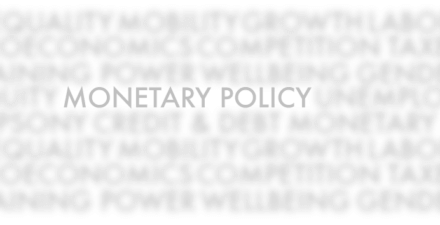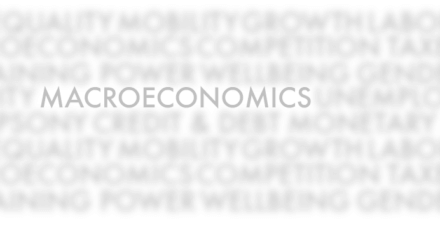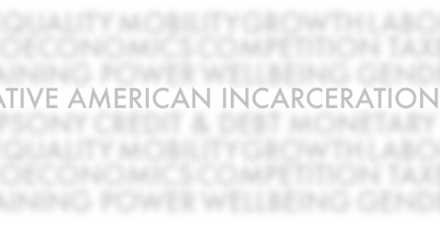To shape the 2020 policy debate and lead the charge for structural economic change, the Washington Center for Equitable Growth has launched a series of convenings and publications called Vision 2020.
The Vision 2020 conference, held in November 2019, brought together leading voices from the policymaking, academic, and advocacy communities to explore recent transformative shifts in economic thinking that demonstrate how inequality obstructs, subverts, and distorts broadly shared economic growth and what we can do to fix it.
In February 2020, Equitable Growth published Vision 2020: Evidence for a stronger economy, a compilation of 21 essays by a new generation of scholars who are proposing evidence-backed, concrete, and at-scale policy ideas to reduce economic and racial inequality and boost shared prosperity. Though published before the coronavirus pandemic led to widespread economic deprivation, the book’s essays, which are reproduced below alongside other Vision 2020 content, remain highly relevant as policymakers grapple with how to lay the groundwork for an equitable and robust recovery.
The evidence shows that building an economy that delivers strong, stable, and broadly shared growth requires tackling economic and racial inequality and concentrated economic power head-on, with bold, systematic reforms that fundamentally change the way markets and government work. Vision 2020 seeks to provide a platform for the discovery and debate of the research-backed, transformative ideas that will deliver that future.









